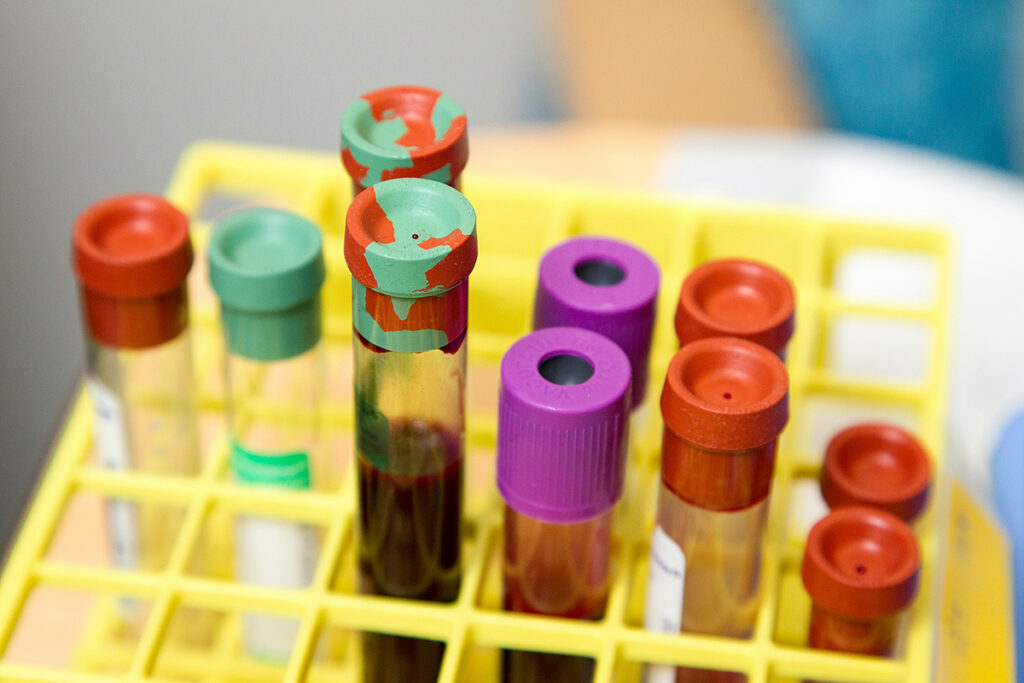COVID-19 causes blood clots to form. The cause of blood clots is severe inflammation that damages the vascular endothelium. The thrombus formation marker is D-dimer. Patients with elevated D-dimer levels have an increased risk of death from COVID-19.
The formation of blood clots is prevented by anticoagulants – drugs that thin the blood and increase its clotting time. Anticoagulants are prescribed for deep vein thrombosis, heart attacks and strokes, and to prevent blood clots after surgery.
Scientists from the University of Minnesota School of Medicine in the United States investigated how anticoagulant therapy affects the risk of hospitalization and death with COVID-19.
The study involved 6195 adult patients with confirmed COVID-19:
- 5,597 people were initially treated on an outpatient basis;
- 598 people were immediately hospitalized after diagnosis.
Universal anticoagulant therapy was administered to all patients with COVID-19 admitted to the hospital if there were no contraindications.
The overall mortality rate among 6195 adults was 2.8% (175 deaths, with 54 deaths outside the hospital). After unsuccessful outpatient therapy, 331 (5.9%) patients were hospitalized. The overall mortality rate in the hospital was 13% (121 deaths).
Scientists investigated the relationship between 90-day anticoagulant therapy among outpatients diagnosed with COVID-19 and the risk of hospitalization and death. A period of 90 days was chosen as this is the shortest period for which blood-thinning drugs are prescribed for deep vein thrombosis.
Scientists also investigated the effect of inpatient anticoagulant therapy on the risk of death. The group of inpatient anticoagulant therapy included:
- patients who have never used anticoagulants, either in a hospital or on an outpatient basis;
- patients who were prescribed anticoagulant therapy on admission;
- patients who received anticoagulant therapy on an outpatient basis and continued to receive it upon transfer to the hospital.
Research results:
• Patients who took anticoagulants before contracting COVID-19 were less likely to need hospitalization, although they were older and had more chronic illnesses. Anticoagulants reduced the risk of hospitalization by 43%.
• Anticoagulants halved mortality, regardless of whether they were used before COVID-19 infection or were prescribed on admission to the hospital.
Conclusions
Patients taking anticoagulants due to elevated D-dimer levels are at risk for severe COVID-19. However, these patients are less likely to need hospitalization than patients who do not take anticoagulants. For stable patients who can be treated outpatient, anticoagulants can provide a better outcome for coronavirus disease.
While there are concerns that bleeding side effects may occur in hospitalized COVID-19 patients from anticoagulants, severe bleeding is generally rare.
For both outpatients and inpatients, anticoagulant therapy can improve COVID-19 outcomes.



